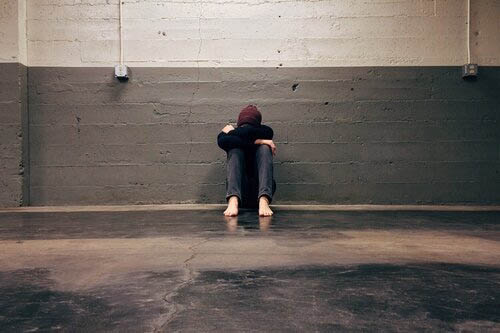Group Therapy
How Can Group Therapy Benefit Your Life?
All too often, when our mental health is struggling, we assume that we’re all alone in our pain and no one understands what we’re going through. The beauty of group therapy is that it helps us cut through this myth. It gives us a chance to connect with likeminded people who share the same struggles as us. What’s more, it exposes us to unique viewpoints that we may not have considered, helping us freshen our perspective and view our suffering in a new light.
At Project Heal, we’ve seen many people experience relief, growth, and deeper healing through our group programs. The element of connection is what people value most—many clients are able to build lasting friendships thanks to group therapy. The dynamic of the group has incredible power, allowing clients to experience compassion, empathy, and understanding with individuals who are just like them.
Some of the main groups we run are listed below:
Group Therapy For Trauma
Trauma is a far more universal struggle than most people realize. Being traumatized doesn’t just happen to people in war zones. In fact, many of the experiences we had as children—emotional neglect, bullying, loneliness, poverty, or having a chronically ill family member—can be traumatizing.
Group therapy is a chance to share these emotional wounds with other trauma survivors and experience healing through the power of vulnerability. Your therapist will give you and the other group members skills for reducing post-traumatic stress, such as meditation, breathwork, and other mindfulness activities. This way, you can avoid feeling triggered by trauma in day-to-day life and live in the present instead of the past.
Group Therapy For Depression
When you’re living with depression, it’s easy to think that the future is hopeless and you’ll never feel differently. Being in a group with other people who struggle with depression can help you challenge this kind of thinking. After all, depression thrives in isolation; it tends to dissipate in the context of supportive relationships and communities.
In group therapy for depression, you and the other members will learn to shift your mood and perspective by providing each other with comfort and encouragement. You will learn to question the negative voices in your head and reframe the thoughts and beliefs that are reinforcing your low mood. And when you start to spiral down, you’ll have other members that you can lean on for support and bounce your thoughts and feelings off of.
Group Therapy For Anxiety
We live in a stressful, chaotic modern world—anxiety is a natural byproduct of that. Although anxiety can serve a protective function, it has spiraled out of control for many people in today’s society. Group therapy is a chance to connect with other people who are struggling to bear the stress of living in such a turbulent time.
You and the other group members will gain valuable calming and grounding strategies for reducing your anxiety and achieving inner peace. Instead of running from your anxiety, you’ll learn to accept its presence in your life and tolerate it more effectively. After all, the goal is not to eradicate all stress, but to manage it so that you can lead a more balanced and fruitful life.

Contact Us

Group Therapy For Couples
So many couples who are struggling feel like they’re the only ones. After all, we live in a culture where talking about relationship problems is seen as taboo—social media is littered with images of happy couples getting engaged and living their best lives. Group therapy gives couples a space to safely set aside this façade of happiness and be honest and vulnerable about their challenges.
Your therapist will give you and the other couples skills for improving communication, deepening intimacy, and building a strong foundation of trust. What’s more, hearing other couples’ stories and perspectives can help you and your partner see your relationship in a new light and learn new ways of relating to each other. The other couples can challenge you, hold you accountable, and encourage you as you progress toward your relationship goals.
Group Therapy For Grief
Grief is a lonely process. While the world moves on from a tough loss, you may find yourself still struggling to cope with the absence of your loved one. In group therapy, you have the chance to connect with people who are walking through the valley of grief and loss just like you. This can help you see that your struggles are normal and that there’s nothing wrong with grieving long after your loved one has passed—everyone heals from grief differently.
Your therapist will help you navigate the emotional aftermath of your loss, equipping you with new coping strategies and exploring ways that you can honor the memory of your loved one. The goal is to create a new narrative around your grief, enabling you to find meaning and purpose in the wake of your loved one’s passing.
Find Strength In Vulnerability And Healing In Community
Our therapists have lots of experience working in dynamic group settings. We know how to hold space for people from all walks of life. If you want to work through your mental health challenges and bolster your support system in the process, we encourage you to pursue group counselling with us. To get started, call 778-323-8997 or visit our contact page to set up a free,15-minute consultation.
Recent Posts
Grief and How It Affects Cognitive Processes
When you’re connected to something or someone of significance, a part of your identity intertwines with them. Losing them creates this void and pushes you to re-assess your sense of who you are.

